The Discovery of ‘Zealandia’
New Book Follows Santa Barbara Scientist
in Perilous Journey to Antarctica
By Tyler Hayden | July 13, 2023
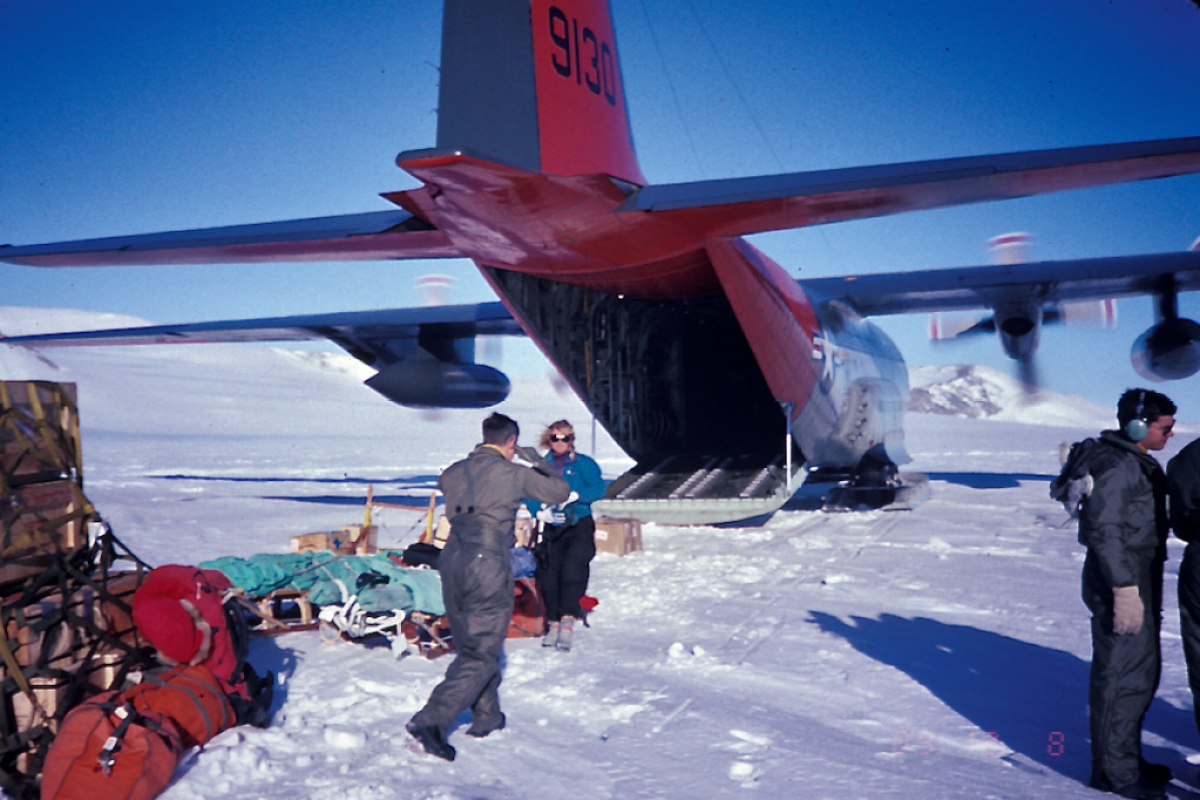
With his new book, Bruce Luyendyk has created a whole new genre — the geothriller.
Mighty Bad Land follows the longtime UC Santa Barbara researcher on his 1989 expedition to Antarctica, a gritty journey that resulted in the near-death of a companion and the discovery of a hidden eighth continent. Luyendyk coined the vast submarine plateau “Zealandia,” which broke away from Antarctica many millennia ago, the tips of its tallest mountains now comprising the country of New Zealand.
Among the book’s science and adventure are honest reflections by Luyendyk about his ambitions as an explorer and his insecurities as a leader. He doesn’t shy away from the personal challenges that crept into the team’s professional relationships — living six weeks in an eight-foot-by-eight-foot tent will do that — and he lays bare his own demons, starting with the death of his father and concluding with a visit to a therapist.
Mighty Bad Land marks the first of nine research trips Luyendyk made to Antarctica over the course of his career, the body of knowledge he contributed so important that a mountain was named after him. “You go to Hawai’i and turn left,” he said of its location. “Then at the bottom of the world, you’re there.” It’s about as tall as our Santa Ynez range, he also explained. “It’s not Mount Everest.”
In a wide-ranging interview, we spoke with Luyendyk about his new work, his old memories, and how a scientist becomes a writer. This is an edited version of our conversation.
The book is much more about the human experience of an Antarctic expedition — your inner thoughts and anxieties, the relationships between team members, etc. — than it is about the research you were conducting. Tell me about that decision. Well, one of the things I learned is that, as a scientist, you write 150 publications and you think you know how to write. No. [Laughs.] I took a series of classes and workshops and entered a bunch of contests. It was drilled into me to be honest, to not hold back. And to not bullshit. People can tell.
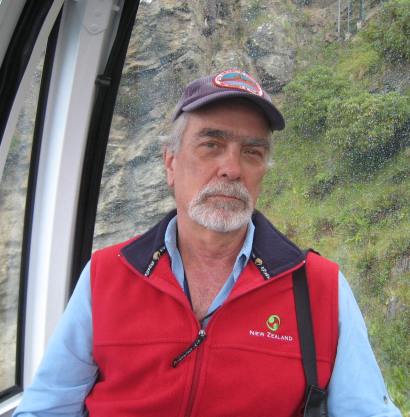
There was one part of the book I was grappling with. It was the crevasse accident where my friend Dave [fellow geologist from UCSB] almost died. I wrote it cold, and when I started reading it to a memoir class, I broke down and couldn’t get all the way through. The teacher said that when you write well, you relive what you’ve done. Most of the class was women writing for their grandchildren, and here I am crying and dropping F-bombs.
Another thing about being a scientist is you’re used to making proposals and submitting articles and getting rejected. It’s part of the territory. So, I was getting rejected by publishers, and the most consistent message I heard was: “Too much science. Tone it down.” I left some things in, but most of the research is in the appendix. That’s how I finally got publishers to look at the book seriously.
What do you remember going through your head during the crevasse incident? My immediate reaction was the signature reaction: “I’m in charge of these people, and they could die here.” That really, really got to me. Dave’s reaction was mysterious, because he acted like nothing happened.
A few years later, I got ahold of satellite photos of the glacier we had traveled up. It was peppered with holes that had opened up during warm weather. We had been all over that area. It was completely freaky.
How did your colleagues on the trip react to the book? Because, speaking of honesty, you didn’t sugarcoat some of the tensions among the group, especially between you and Cain, your guide. Well, Christine [graduate student and expedition organizer] really liked it. She said it’s the kind of book that should be on everyone’s reading list who’s thinking about going to Antarctica. Steve said he felt like he knew me better than when he was out there with me. Dave just said, “Hey, we’re alive.”
I eventually apologized to Cain for not trusting him and for bucking him. Because he had a job to do. Even though I hired him to work for me, there were circumstances where he had to be in charge. It was irritating at the time, but he was right.
I’ve had other experiences in my career with the same power dynamic, like on marine expeditions. I’d be in charge of the science crew on the boat, but the captain was in charge of everything.
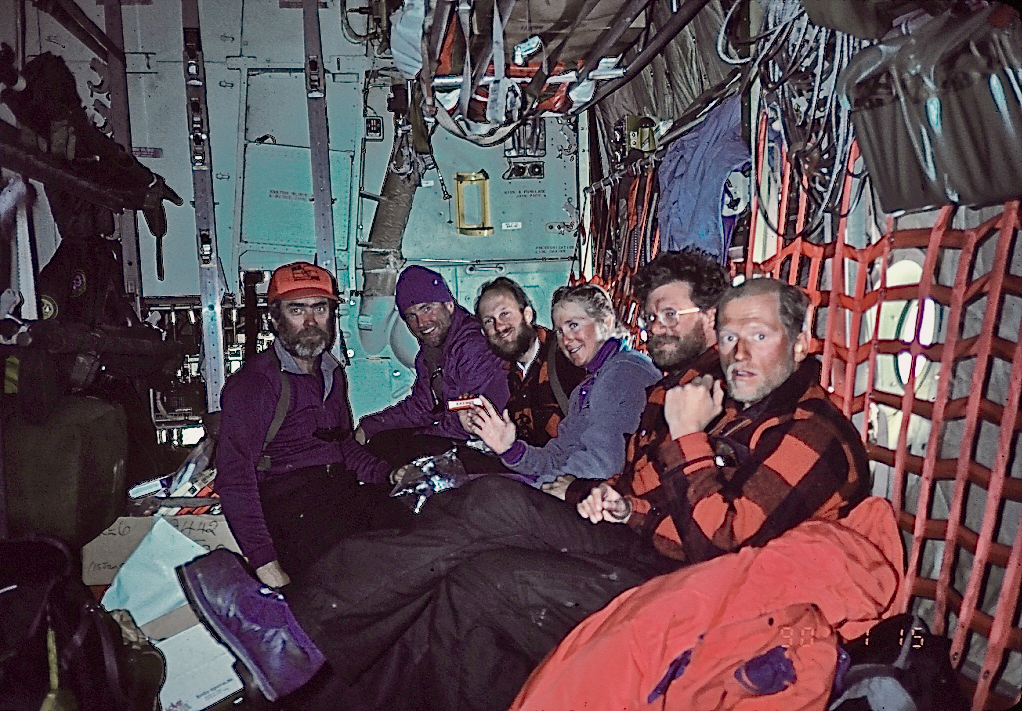
How did you feel when Cain told you at the end of the trip that you weren’t cut out for Antarctica and shouldn’t return? It floored me. It really made me consider not going back. But I think everybody has experiences like this: When you do something really hard, you feel good about yourself. And that’s one of the reasons I went back multiple times. I knew it was hard and I was going to be tested, but I knew I had it in me.
Why didn’t you invite Tucker [friend and mountaineer and overall adventure asset] on subsequent expeditions? He was a really smart and resourceful guy. And an experienced mountaineer. But the group didn’t want him back because of his relationship with Christine. I don’t know what happened between them exactly, but it was enough that it was not cool.
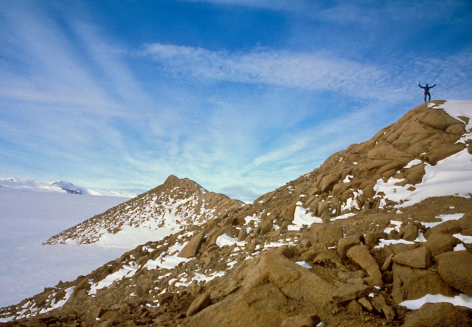
The six of you were out on the ice for more than a month, 800 miles from the nearest base, and far out of range of rescue. What was that like? The main impact it had on me was the experience of being alone. The loneliness. Even though we were six different people, we were so focused on our work that we were really one organism. There’s nobody else around, and they’re not going to come chopper in. So you’re alone together. That’s quite an unusual feeling. It’s really powerful. It gets into your head, and then it starts seeping down into your body.
How might this book be helpful to future Antarctica researchers? The experience includes things like taking a dump, or setting up a tent. If you don’t set up your tent right, it can blow away and you’re in deep trouble. That actually happened during another expedition, when a tent blew away in the middle of the night and everyone had to cram into one and then go looking for it a few days later. When I spend all that time explaining how to set up a tent, it’s to stress there can be zero points of failure. So don’t fail.
It reminds me of when we’d go down in submersibles. We would dive during the day, be on the bottom for a few hours, and be back by dusk. When we were back on the ship, a crew of techs would swarm all over it, checking this, checking that. Double-checking. Triple-checking. Then somebody would check the checker. That went on all night until the next morning when we dove again.
I have to ask, since you have a lot of experience with deep-sea diving, what did you make of what happened with the Titanic submersible? I know nothing about the outfit, OceanGate, other than what I read in the press. But I can tell you this: When I was working in oceanography, the U.S. Navy knew everything that was going on everywhere all of the time. Everything. Everywhere. All of the time. And I’m sure it was true of the French, the Russians, the British, you name it. So when the Titan lost communications and there was all this speculation about whether it had sunk or imploded or gotten tangled, I was thinking, “What the hell? Why the mystery?” Who knows.
It was amazing how that incident captured everyone’s attention. God, aliens, and the Titanic.
Do you think you’ll go back to Antarctica again, either by land or sea? It’s a beautiful, exciting place, but it’s for younger people. I’m a senior citizen. The last time I was there, in 2011, I was really struck by the bureaucracy. There’s rules for this, rules for that. Check with this person, and check with that person. I figured I’m kind of done with that. And I’m done with having to do really, really hard stuff.
What else has changed since your earlier trips? They built a dedicated science laboratory at McMurdo Station. That was neat. The other big thing was the air support changed from the Navy to the Air National Guard. The Navy aviators were just cool people. They had fun doing their jobs. Going down with the National Guard is like traveling with a bunch of cops.
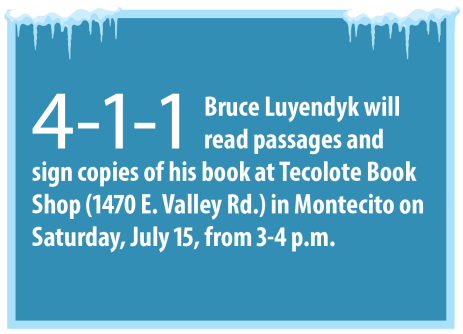
What about the public’s relationship with Antarctica? How have you seen that evolve in the last few decades? Most tourists go to Antarctica through South America. Last year, post-pandemic, there were 70,000 visitors. That’s up from 35,000 people pre-pandemic. So the interest is huge. I think people respond to the mystery of the place. The allure. And the beauty. It’s sublime, and so untouched.
You’re now retired from UCSB. Do you miss teaching? Yes and no. Teaching for me was way harder than research. I put a lot into it. Every hour in the classroom was three to four hours of getting ready for it. But I do miss the students. Most of them are enthusiastic, smart, and they test you in good ways.
You were born in New York then grew up and went to college in San Diego. How did you wind up in Santa Barbara? My wife and I were living in Cape Cod, and we would get the local newspaper. We would stack it in the corner to recycle. I came home from work one day and started flipping through them. Halfway through the stack, I found this air mail letter from UC Santa Barbara. I asked my wife, “What’s this?” She said, “I don’t know. It looks like it’s for you.” So I open it up and it’s from the geology department. They wanted to know if I would apply for a job. Life’s crazy.
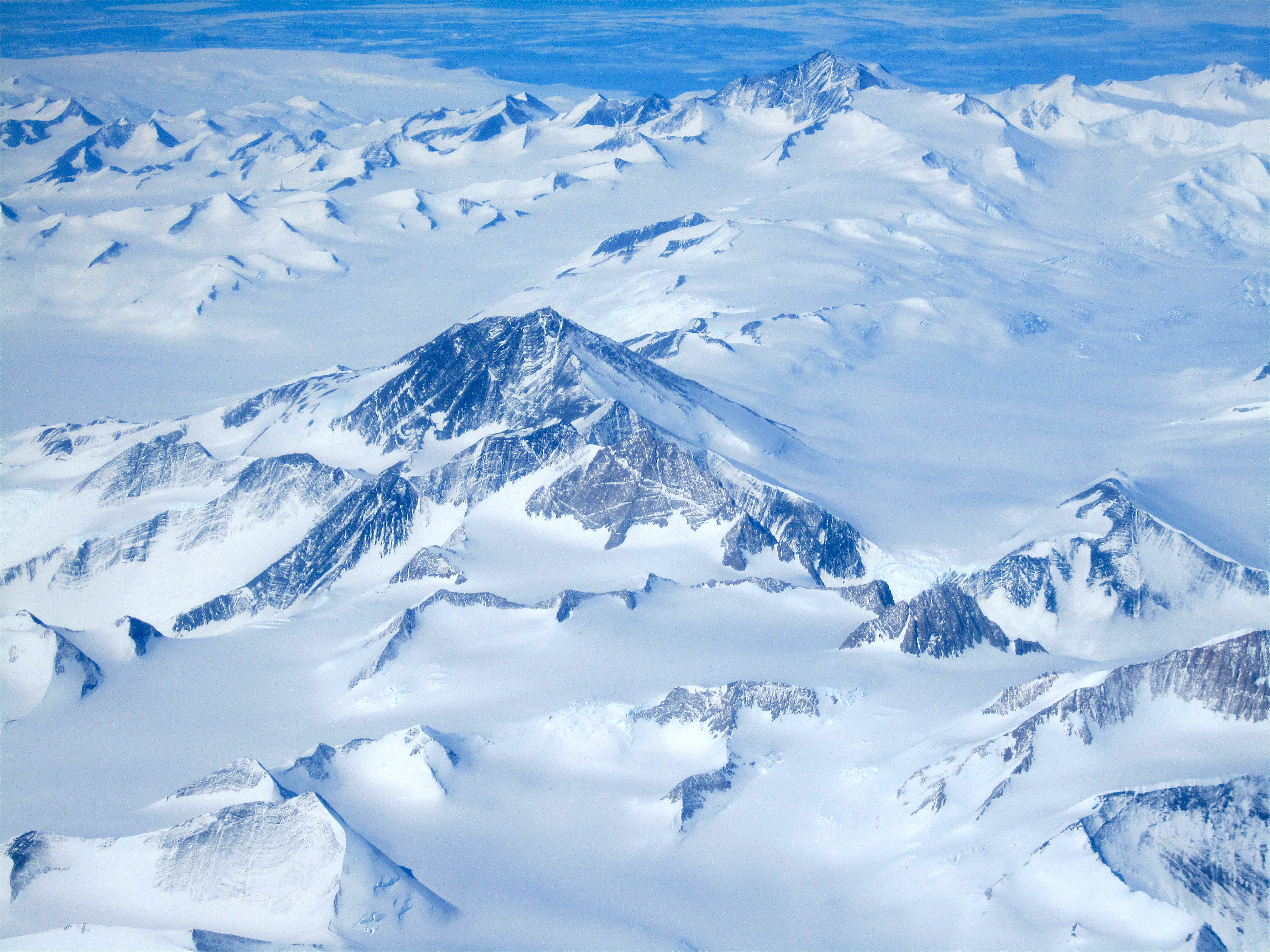

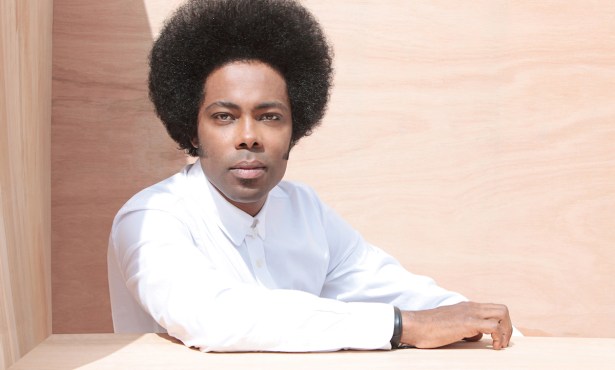
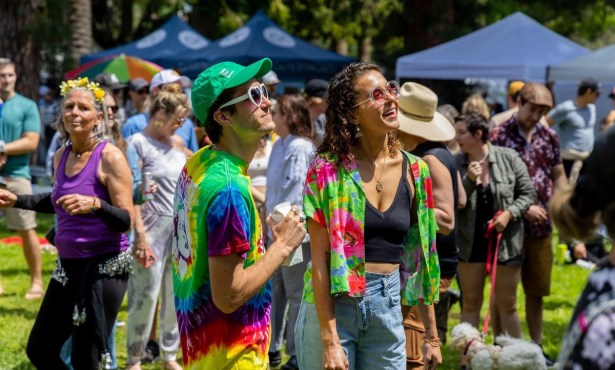
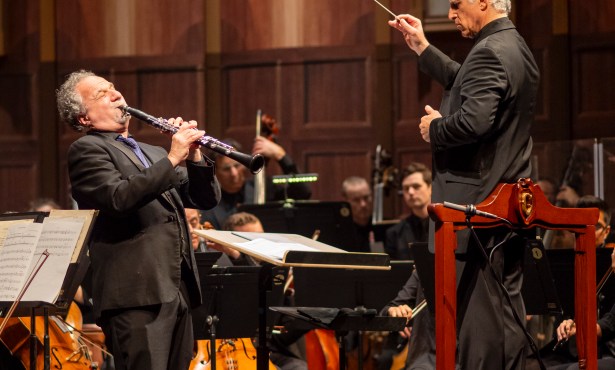
You must be logged in to post a comment.